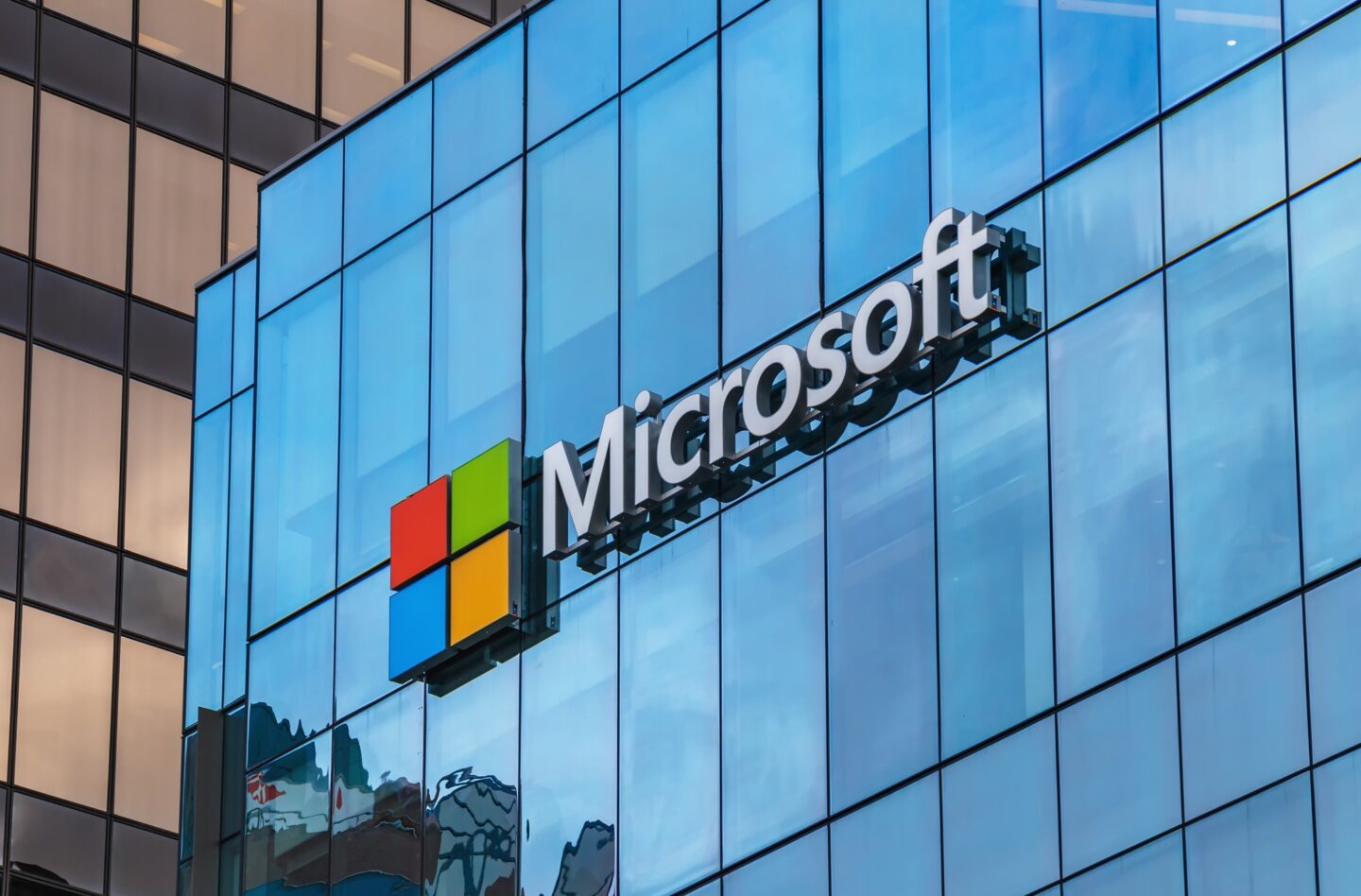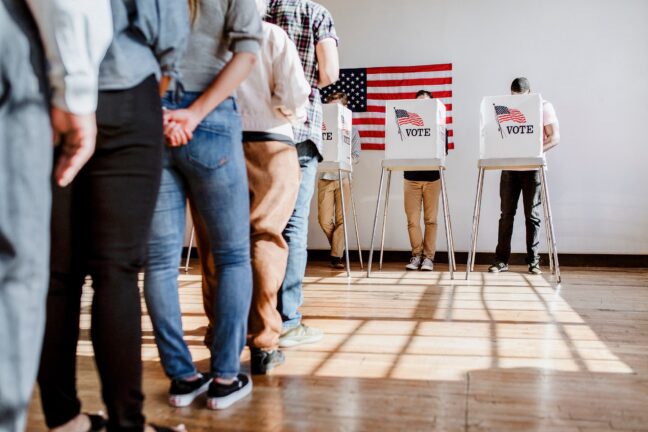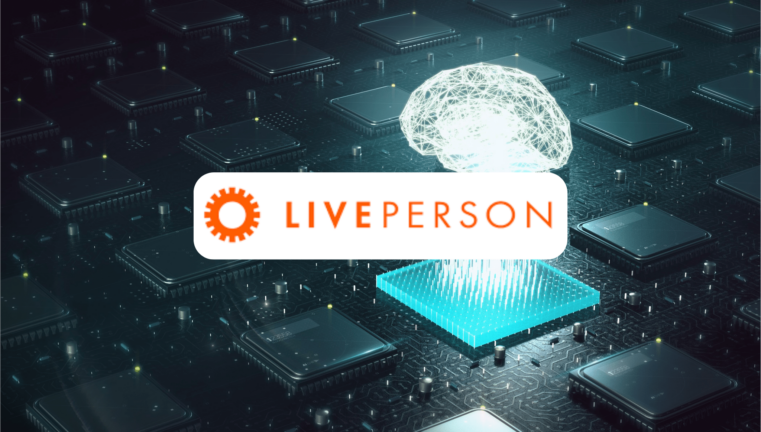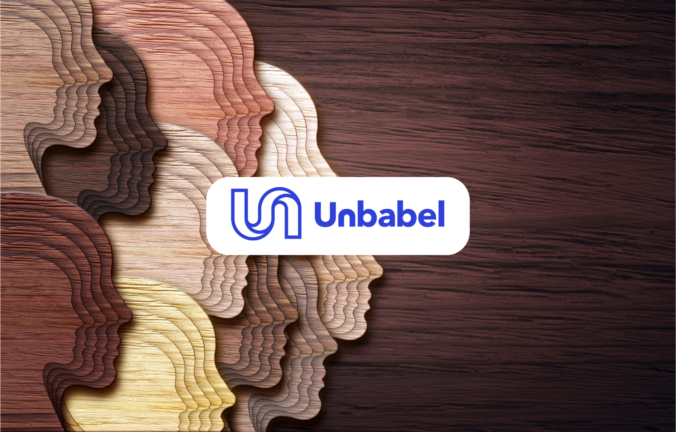Microsoft is reportedly in talks to invest $10 billion into the creator of ChatGPT, OpenAI. If the software behemoth follows through with its plans, OpenAI will reach a $29 billion valuation.
According to the documents sent to prospective investors, Microsoft would receive 75% of OpenAI's profits until it recoups the investment, the sources familiar with the matter said. After this objective is achieved, the company would have a 49% ownership stake, with other investors taking another 49% while OpenAI's non-profit parent would get 2%.
That the deal is likely to materialize hints the recent quote at CES23 by Panos Panay, Microsoft's Chief Product Officer:
“AI is going to reinvent how you do everything on Windows.”
Back in 2019, Microsoft invested about $1 billion in OpenAI, becoming its "preferred partner" for commercial uses of its technologies. Some sources say the Redmond-based company is working on adding ChatGPT to its Bing search engine, perhaps to gain the edge on its Alphabet-owned rival.
According to The Verge, Microsoft also wants to integrate features of ChatGPT into its other products, namely Word, Outlook, and PowerPoint.
Most recently, Microsoft researchers have revealed they are working on VALL-E, a new text-to-speech AI model that is capable of replicating a person's voice from a three-second audio sample.The power of generative AI
Ever since its launch at the end of November, ChatGPT has not stopped impressing users with its natural, humanlike responses to various types of questions. It gathered its first million users in less than a week, causing people to speculate whether it will become the 'new' Google.
Compared to a typical chatbot or intelligent assistant, ChatGPT is designed to respond to feedback, request clarification, and iterate on its answers according to a user's response. ChatGPT's creator - OpenAI - was founded in 2015 by Elon Musk, Sam Altman, and others.
Slightly less talked about but in no way average is the company's image-generating model, Dall-E, which produces digital images from written prompts. Dall-E was also the topic of debate about the infusion of AI into creative industries, "causing fear" among visual artists.










